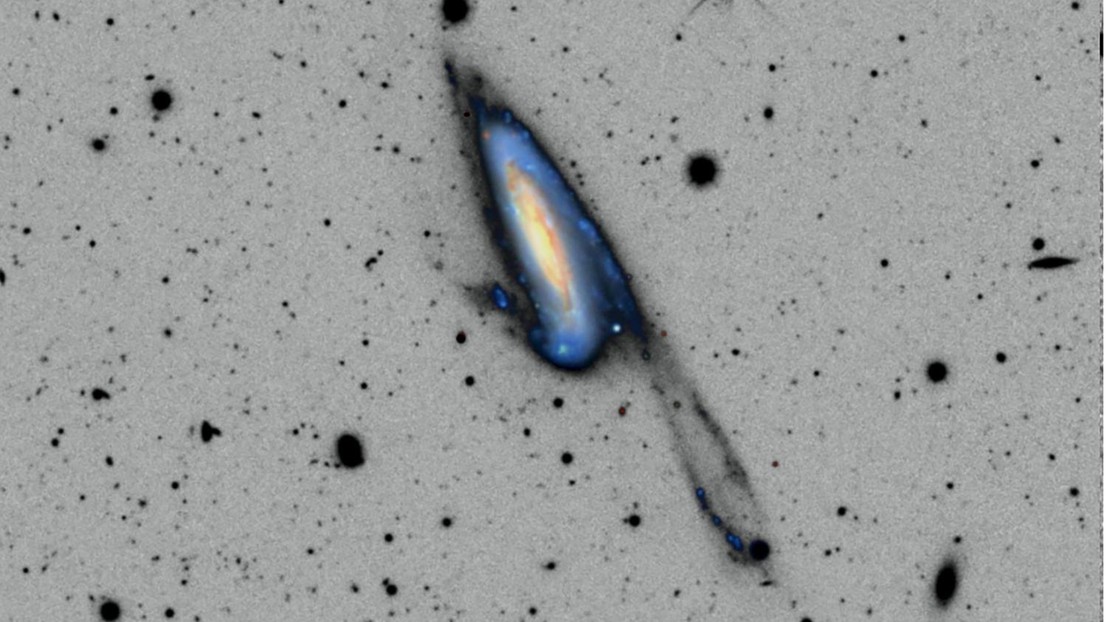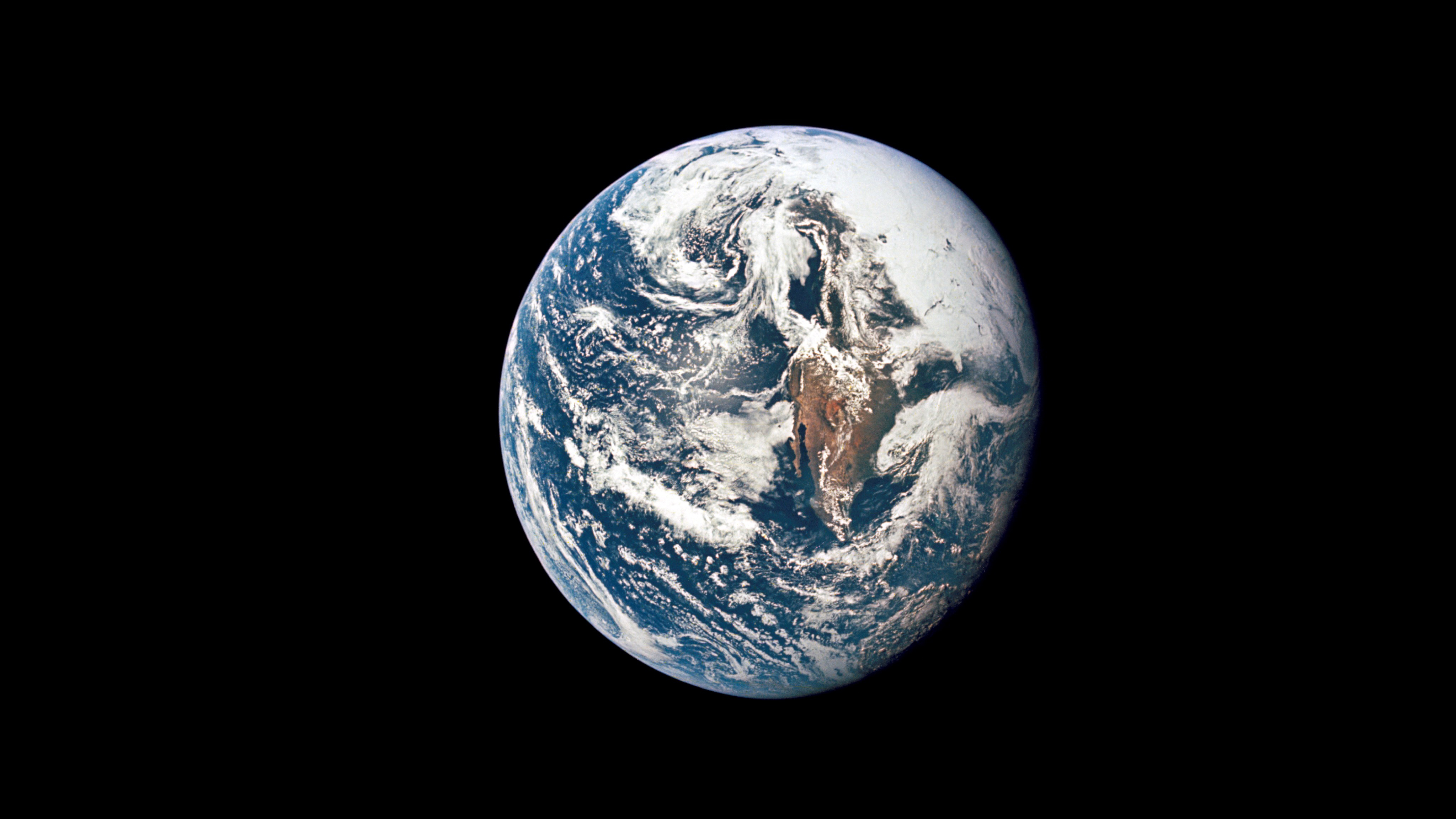
Keith Cooper
Keith Cooper is a freelance science journalist and editor in the United Kingdom, and has a degree in physics and astrophysics from the University of Manchester. He's the author of "The Contact Paradox: Challenging Our Assumptions in the Search for Extraterrestrial Intelligence" (Bloomsbury Sigma, 2020) and has written articles on astronomy, space, physics and astrobiology for a multitude of magazines and websites.
Latest articles by Keith Cooper
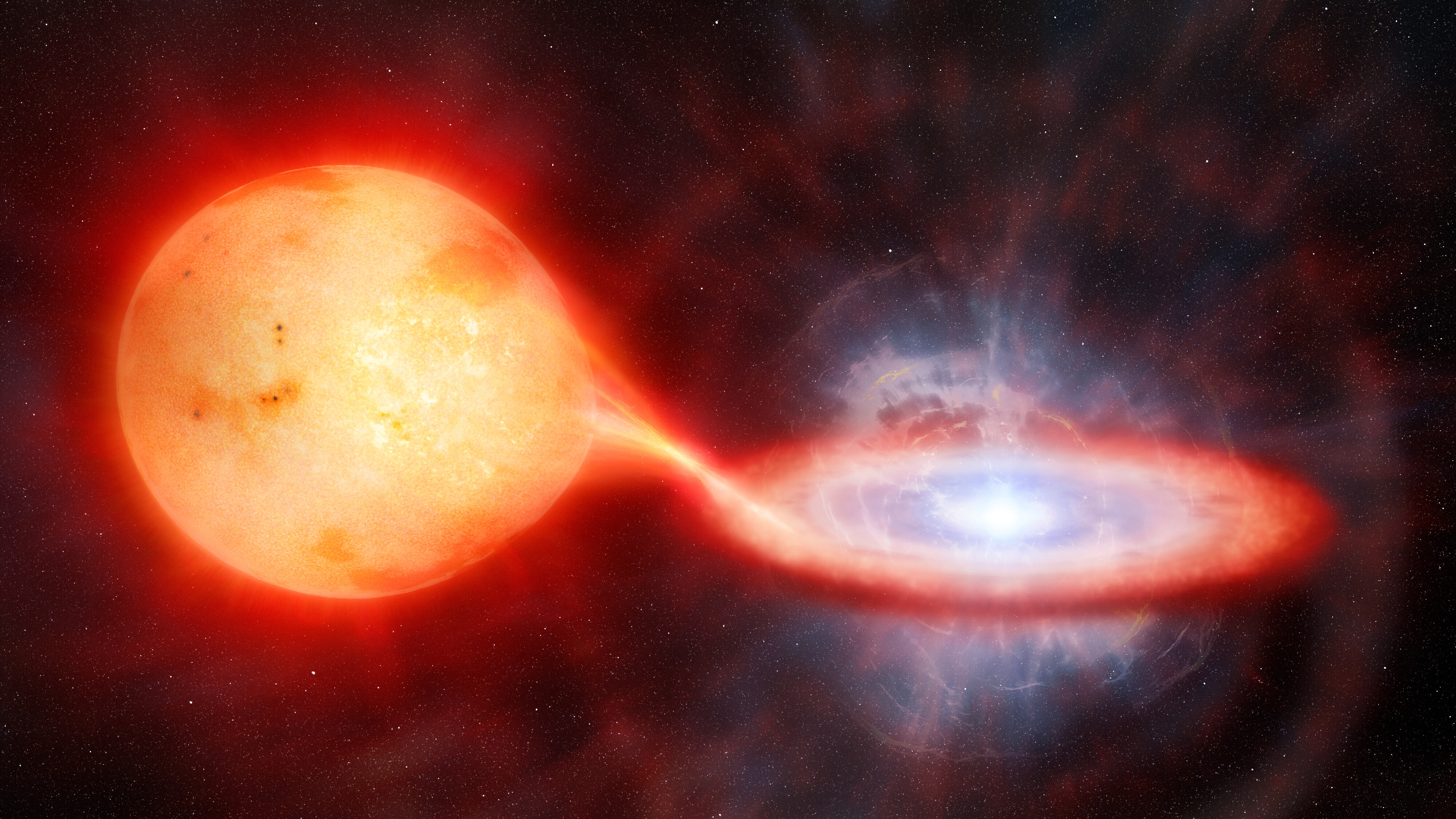
Hold onto your hats! Is the 'Blaze Star' T Corona Borealis about to go boom?
By Keith Cooper published
The nova is ignited when a "vampirific" white dwarf steals too much matter from a companion star.
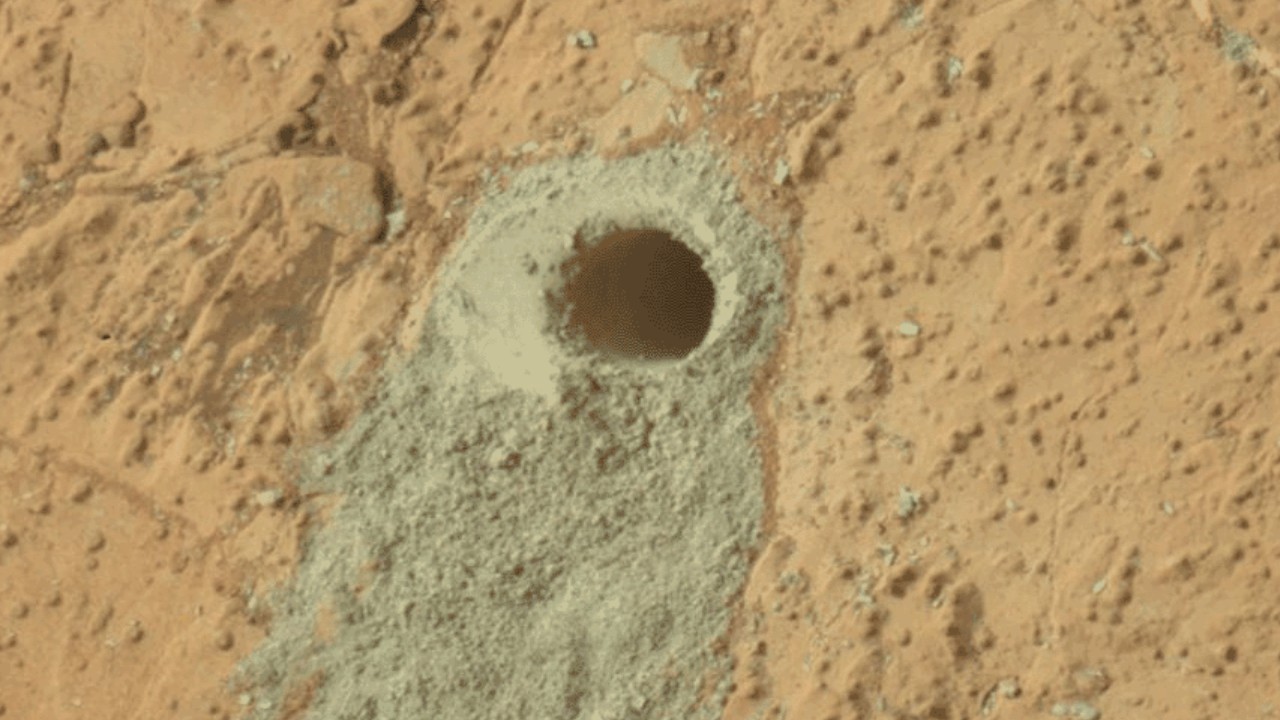
Curiosity Mars rover discovers largest organic molecules ever seen on Red Planet
By Keith Cooper published
While the presence of these molecules is not proof of ancient life on Mars, scientists say it shows we could detect chemical signatures of past life, if it ever existed.
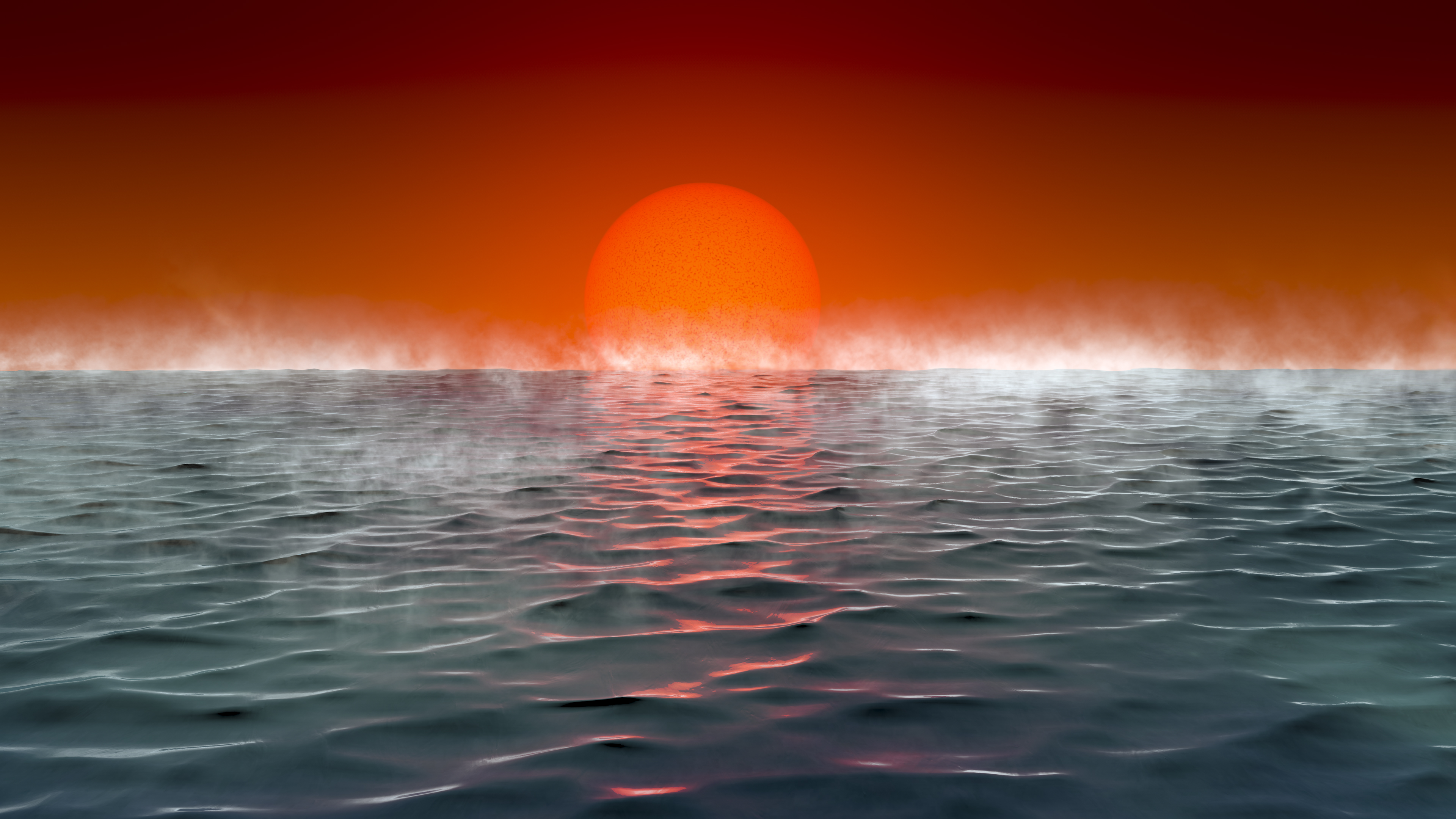
James Webb Space Telescope could find signs of life on alien 'hycean' ocean worlds
By Keith Cooper published
JWST could potentially detect the signature of methyl halide compounds, produced by microbial life in Earth's ocean, on hypothetical hycean exoplanets.
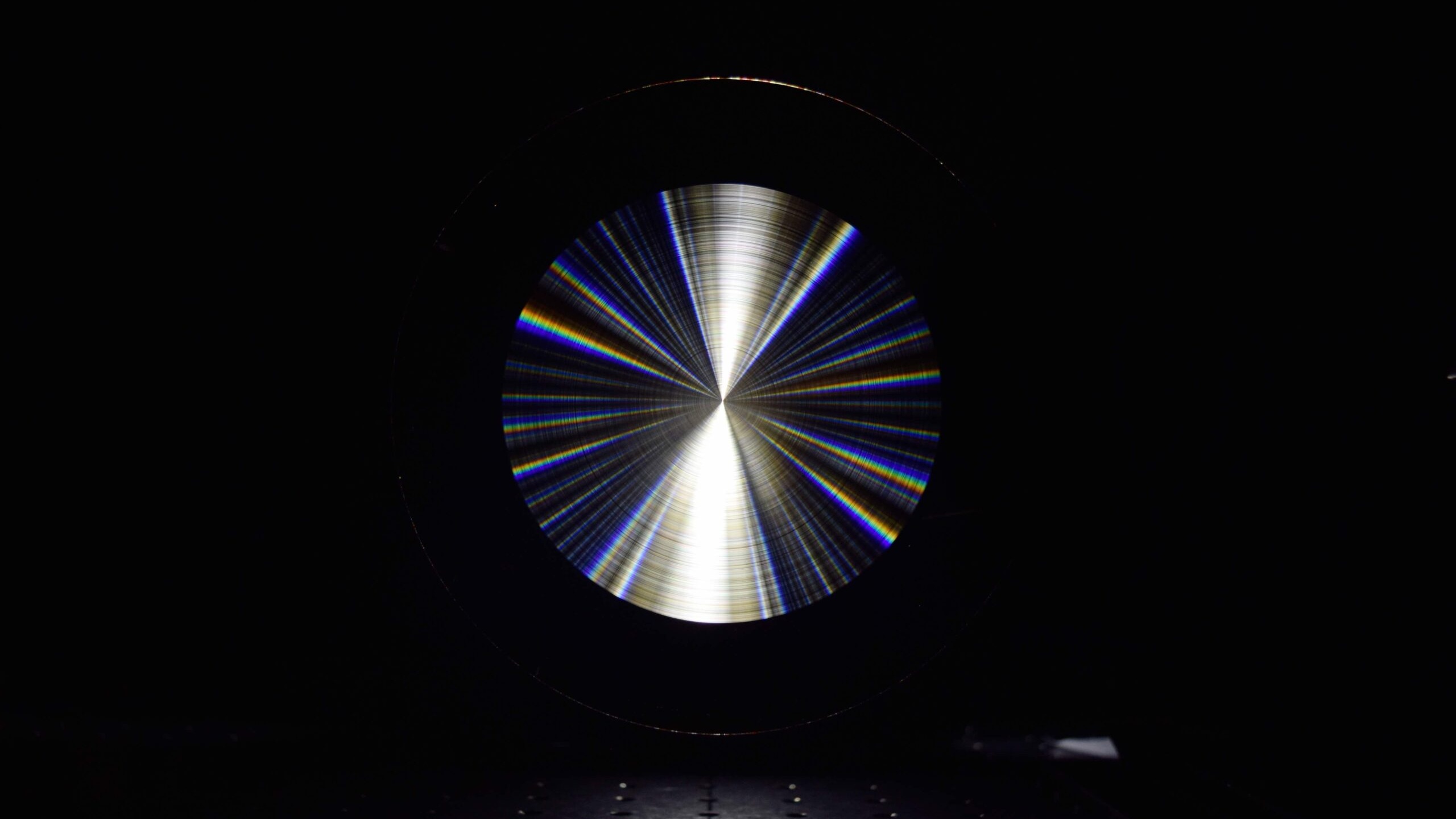
This new telescope lens could be a game-changer for space imagery
By Keith Cooper published
The dream of a flat, lightweight telescope lens, where microscopic etchings precisely refract different wavelengths of light, is here.
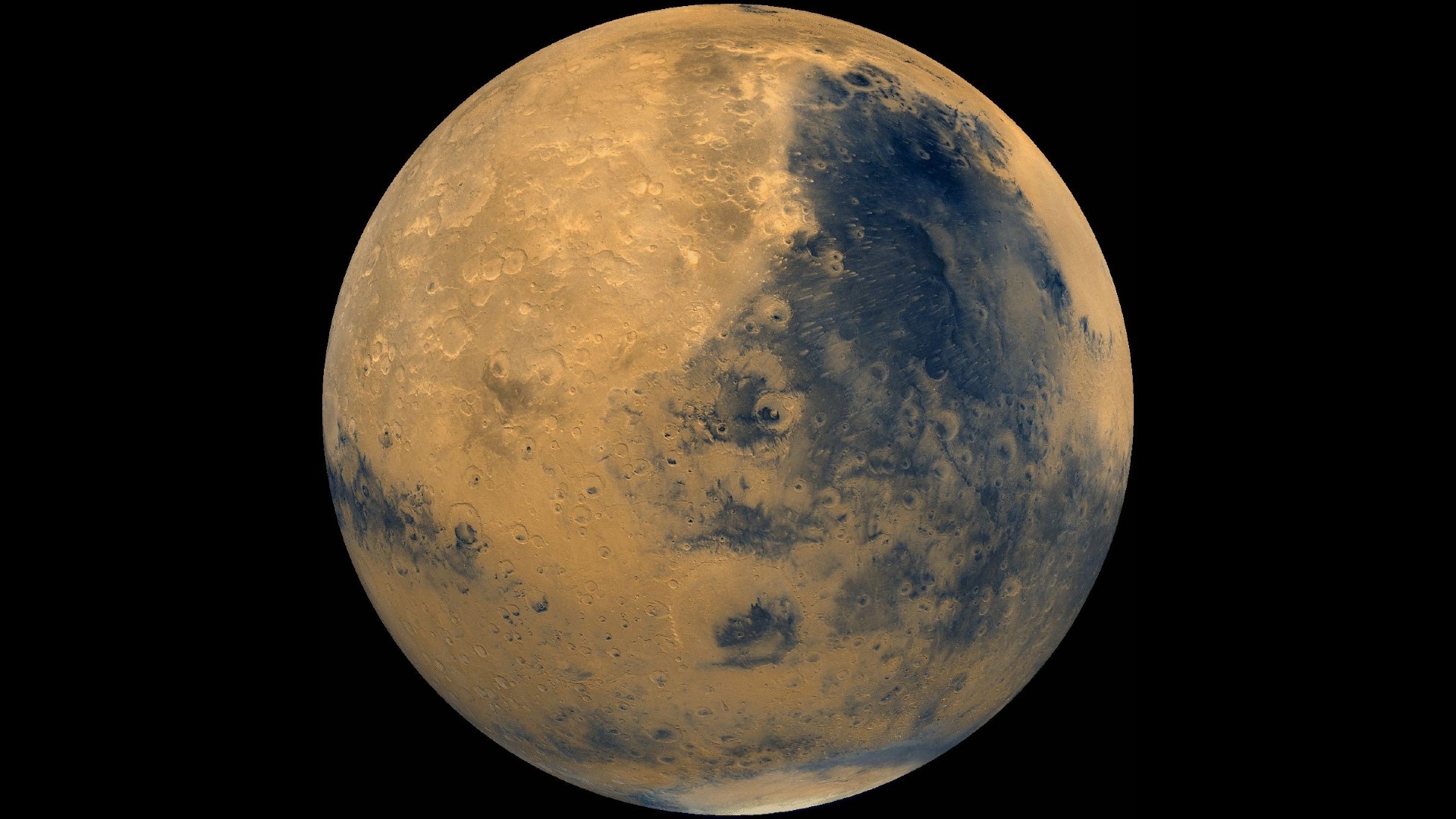
Mars could have an ocean's worth of water beneath its surface, seismic data suggest
By Keith Cooper published
Researchers examining seismic data recorded on Mars say the have found evidence supporting the presence of liquid water deep inside the Red Planet.
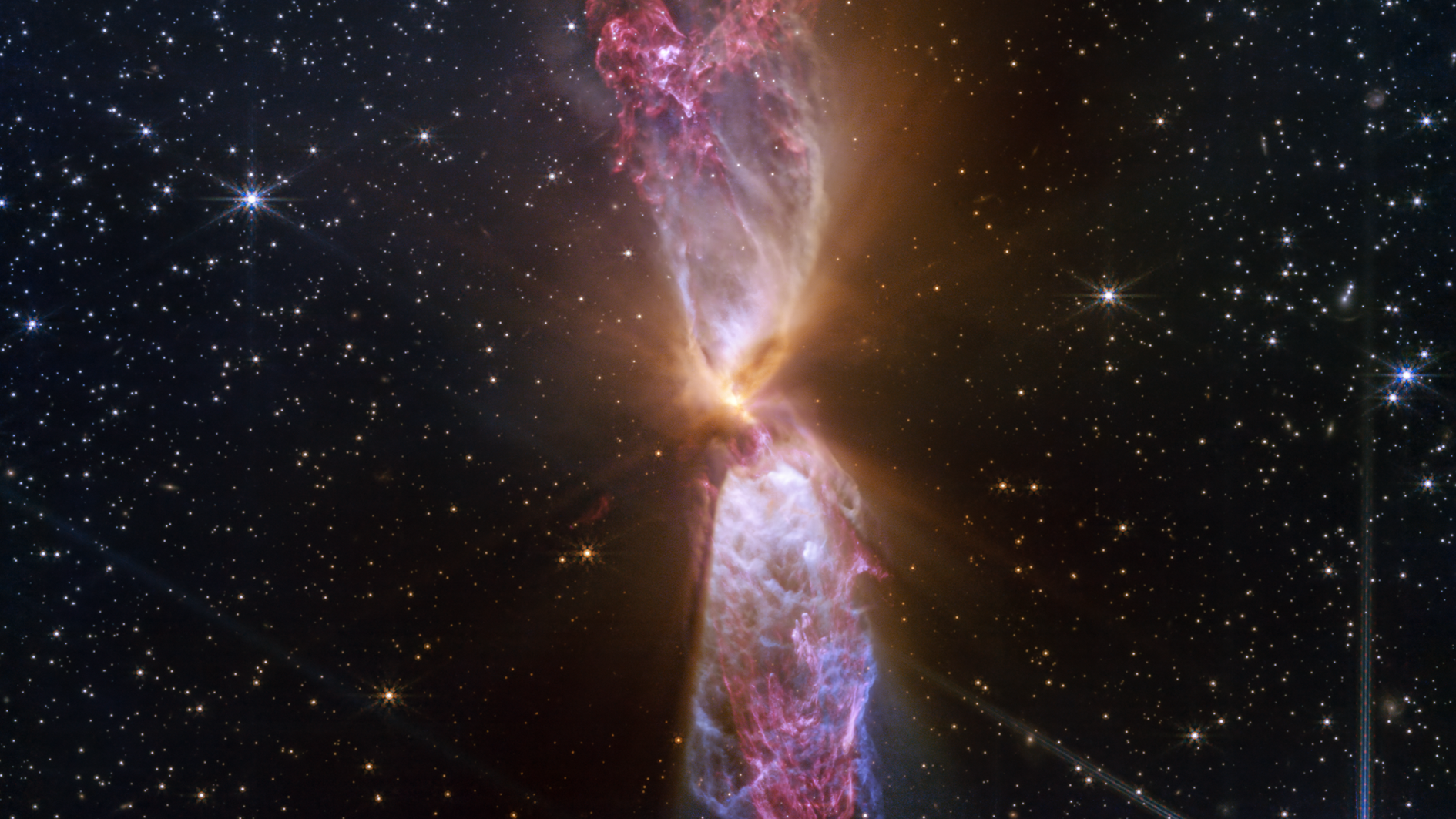
This butterfly-shaped nebula owes its structure to 2 chaotic young stars
By Keith Cooper published
This butterfly shaped nebula is the perfect target for the James Webb Space Telescope to learn more about star formation.
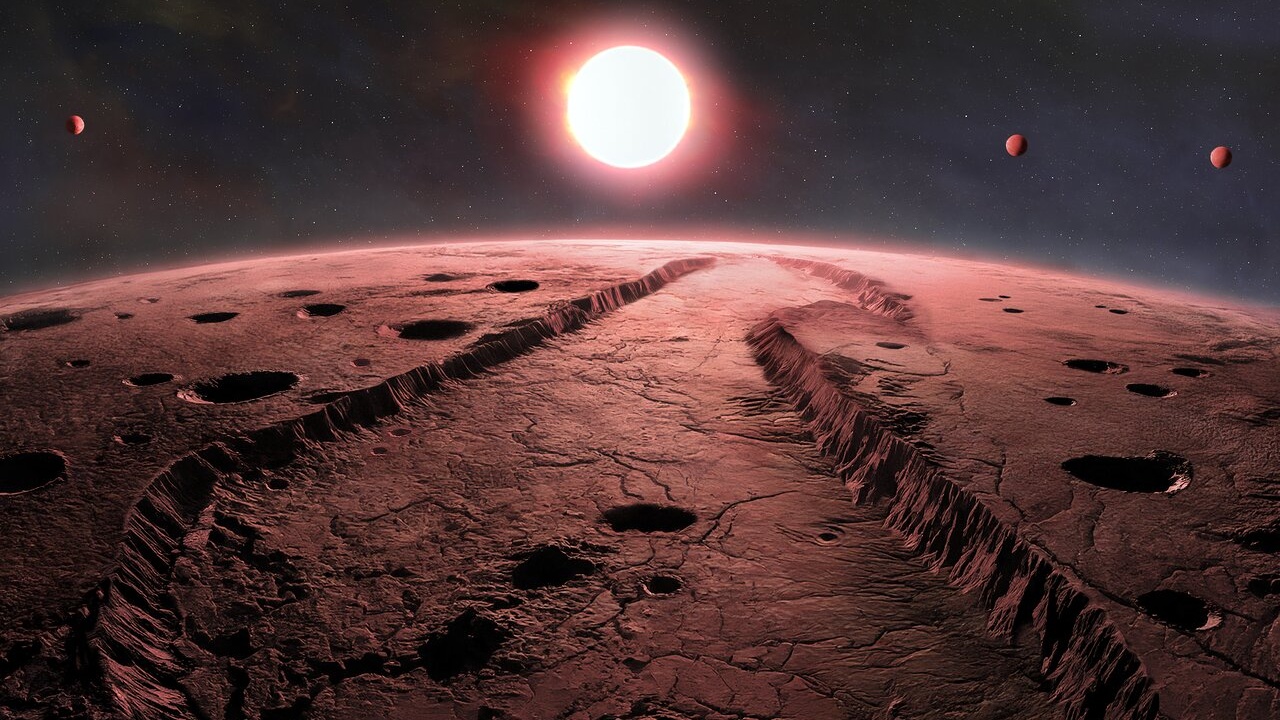
4 rocky exoplanets found around Barnard's Star, one of the sun's nearest neighbors
By Keith Cooper published
After many previous claims and false alarms, astronomers can finally confirm the existence of at least four planets less massive than Earth orbiting Barnard's Star.
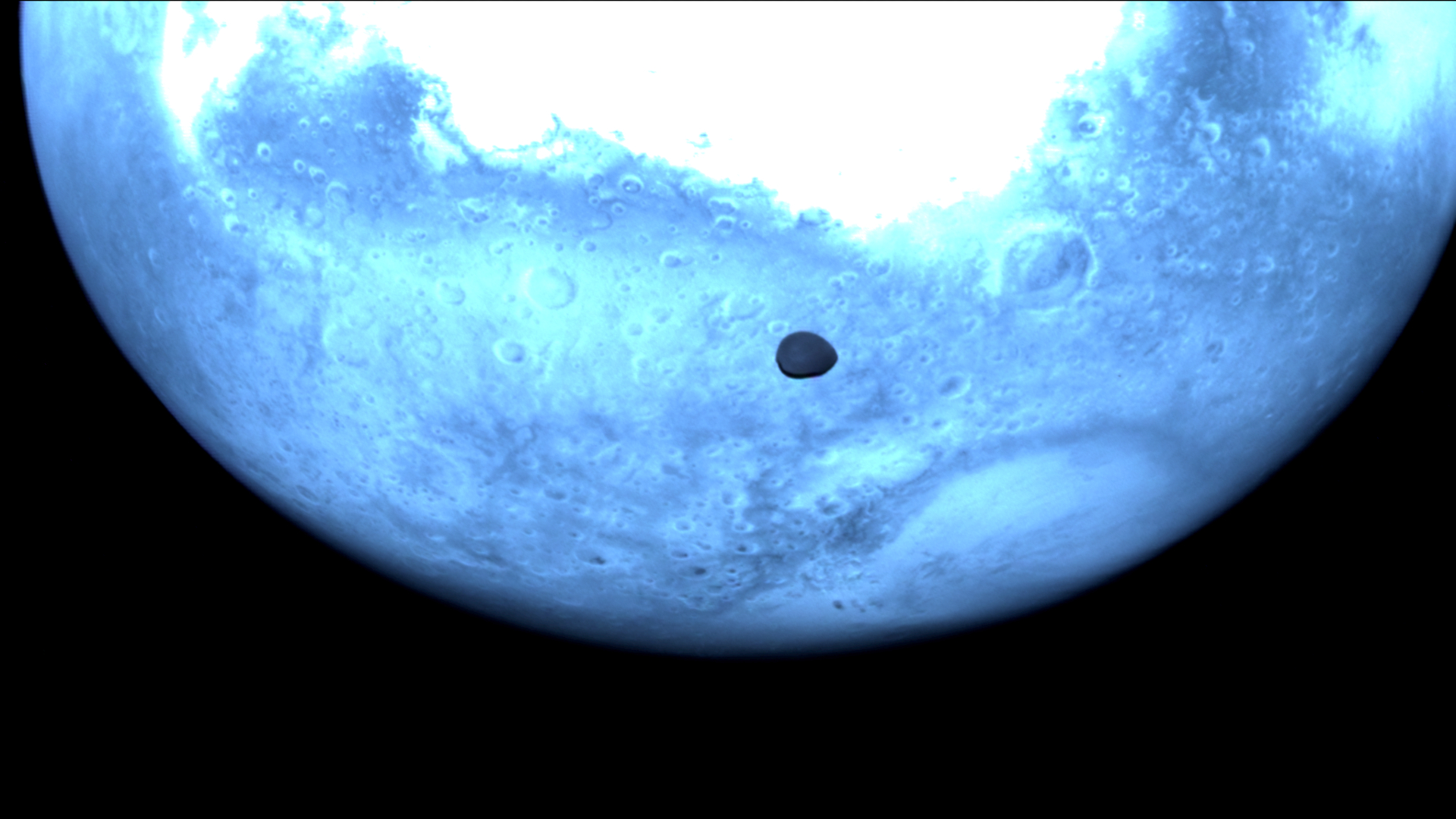
Tiny Mars moon Deimos gets a rare close-up, thanks to Europe's Hera asteroid probe (photos)
By Keith Cooper published
Europe's HERA mission has taken a good look at Mars and its moon Deimos on its way to explore the aftermath of the DART impact in the Didymos–Dimorphos asteroid system.
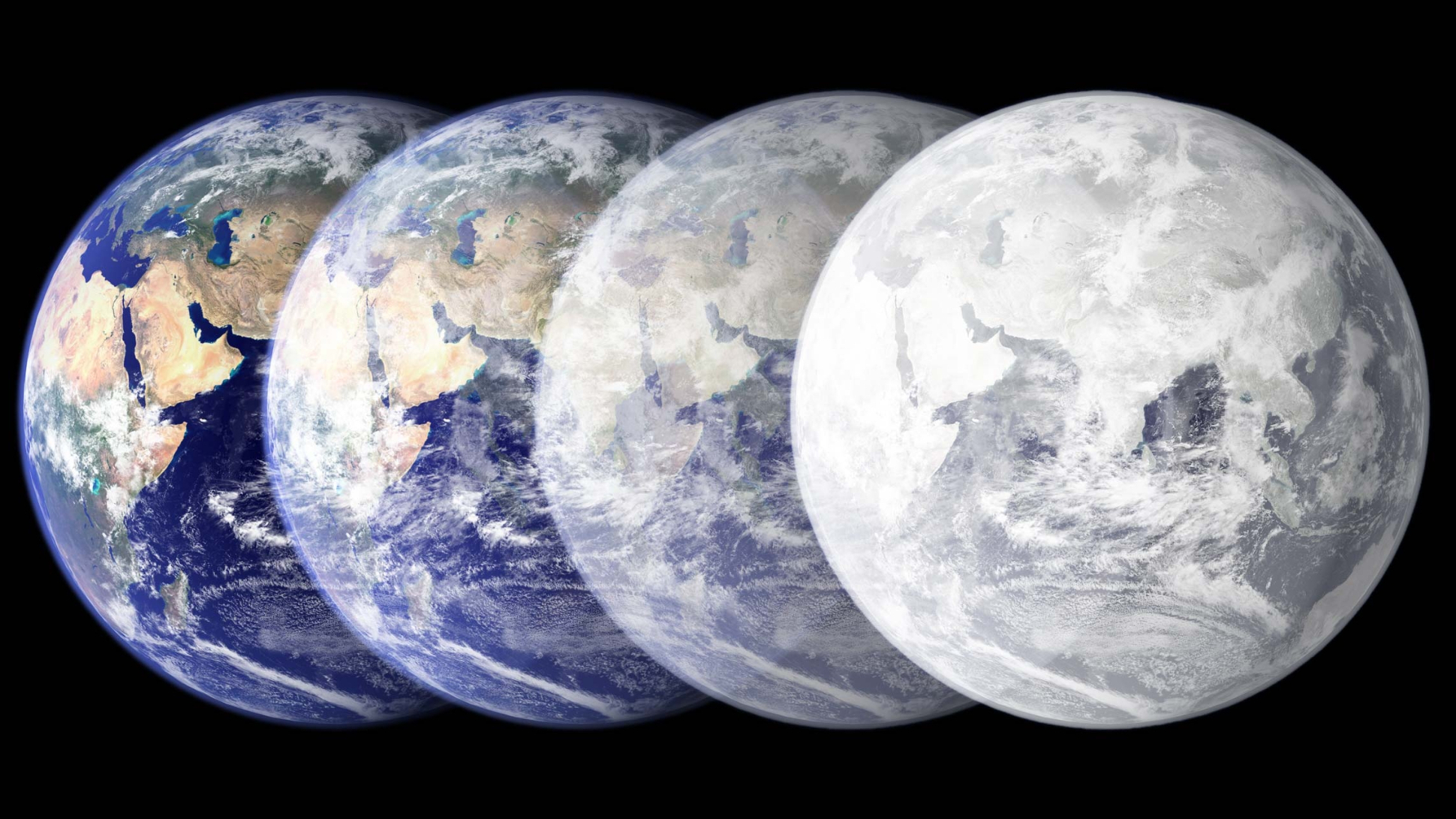
The next ice age is coming in 10,000 years — unless climate change prevents it
By Keith Cooper published
Natural cycles in Earth's rotational axis and its orbit around the sun drive climatic changes, and now researchers have matched up specific points in those cycles to the timing of ice ages.
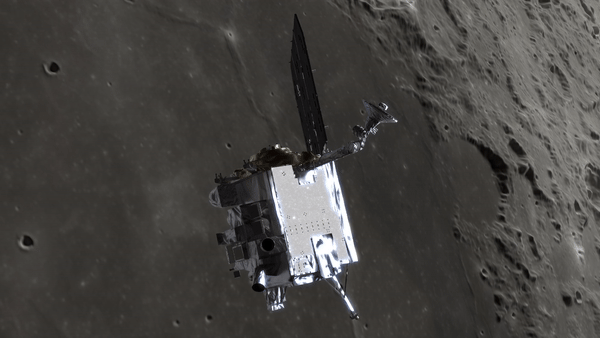
There's a total lunar eclipse coming. How will these 2 solar-powered moon probes survive the darkness?
By Keith Cooper published
The total lunar eclipse on March 13-14 will plunge moon missions into darkness. What will happen to the lunar spacecraft?
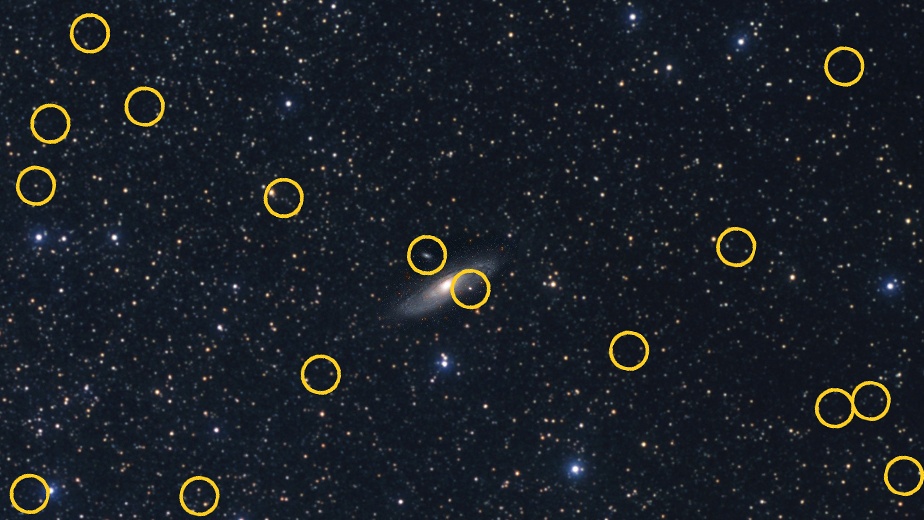
How did Andromeda's dwarf galaxies form? Hubble Telescope finds more questions than answers
By Keith Cooper published
A family portrait of the Andromeda galaxy and its orbiting dwarf satellites raises questions about how galaxies evolve.
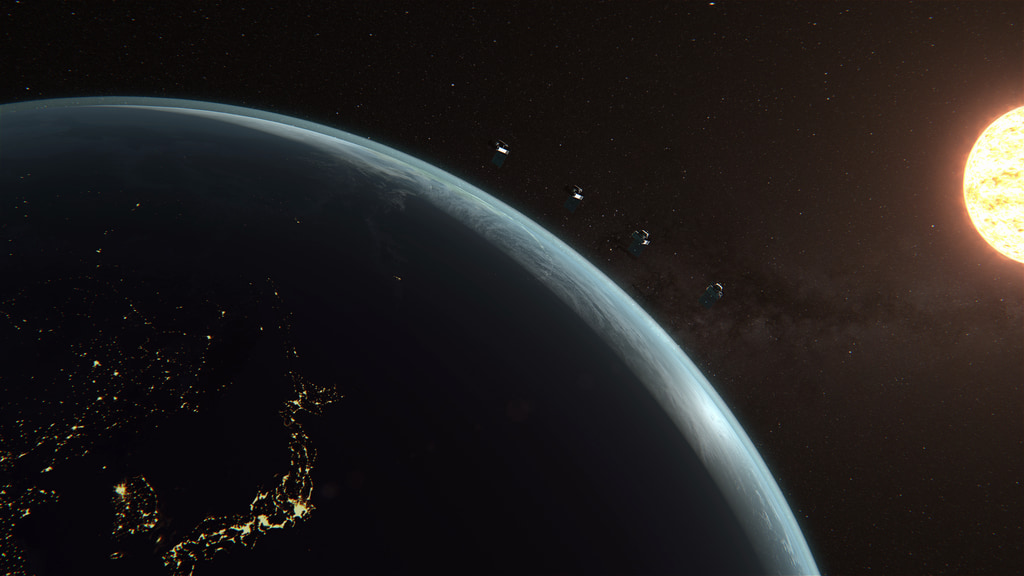
NASA set to deliver a knock-out PUNCH to mysteries of the solar wind
By Keith Cooper published
A new mission designed to better understand the heliosphere will be the first to map in three dimensions how the solar corona becomes the solar wind.
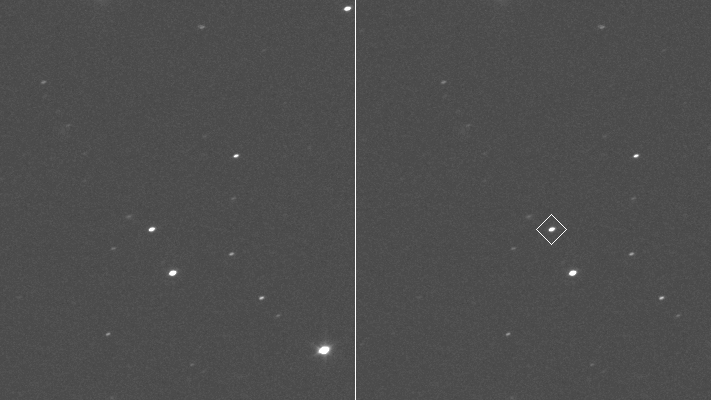
NASA's asteroid-hopping Lucy probe takes 1st images of its next target: Donaldjohanson
By Keith Cooper published
The Lucy mission to Jupiter's Trojan asteroids is currently cruising through the Asteroid Belt, and will fly close to asteroid Donaldjohanson in April.
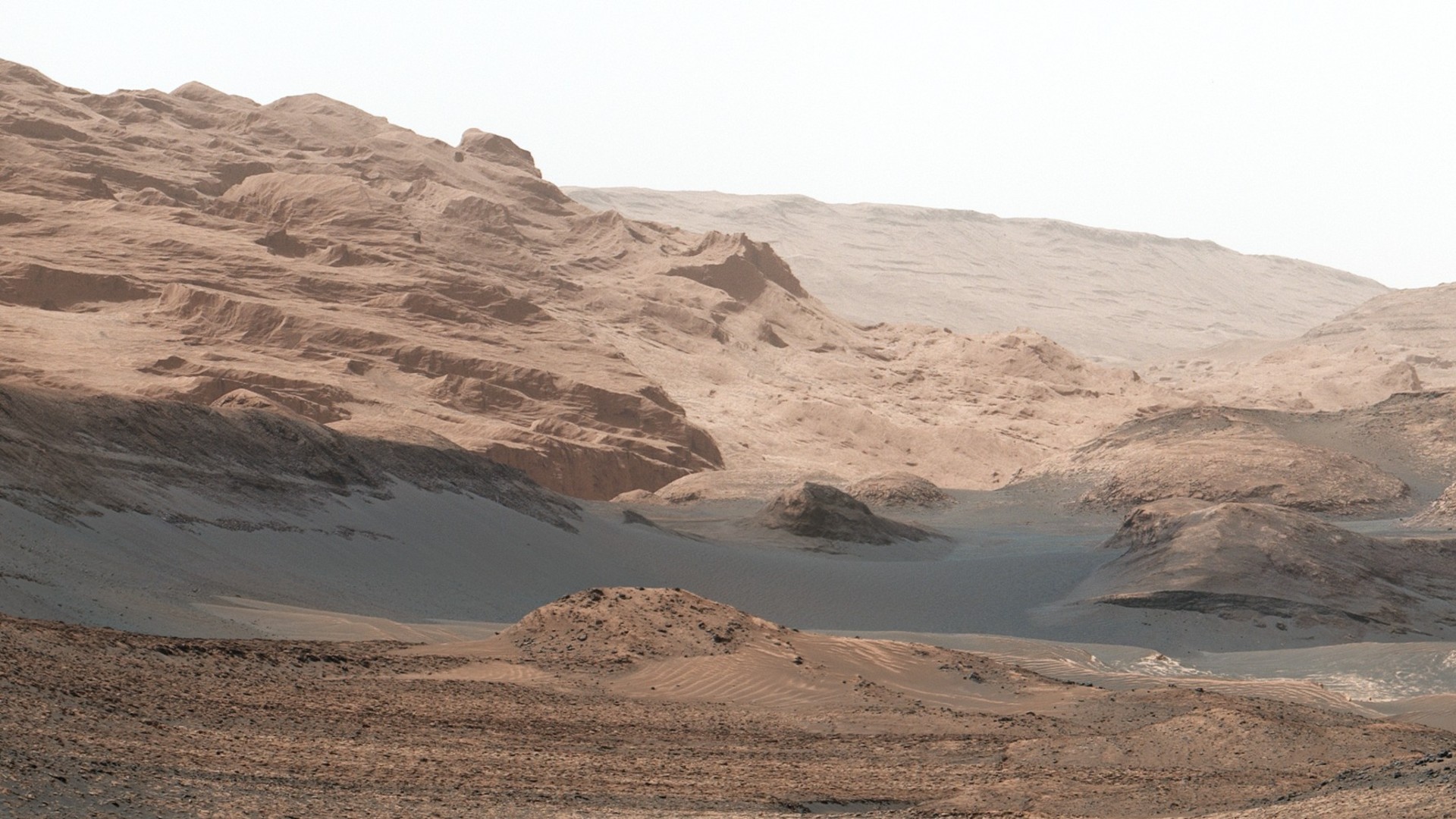
If Mars has microbe fossils, a laser and rock quarry in Algeria could help find them
By Keith Cooper published
Scientists searching for microbe fossils on Mars have a better idea of what to look for thanks to gypsum that formed when the Mediterranean Ocean dried up over 5 million years ago.
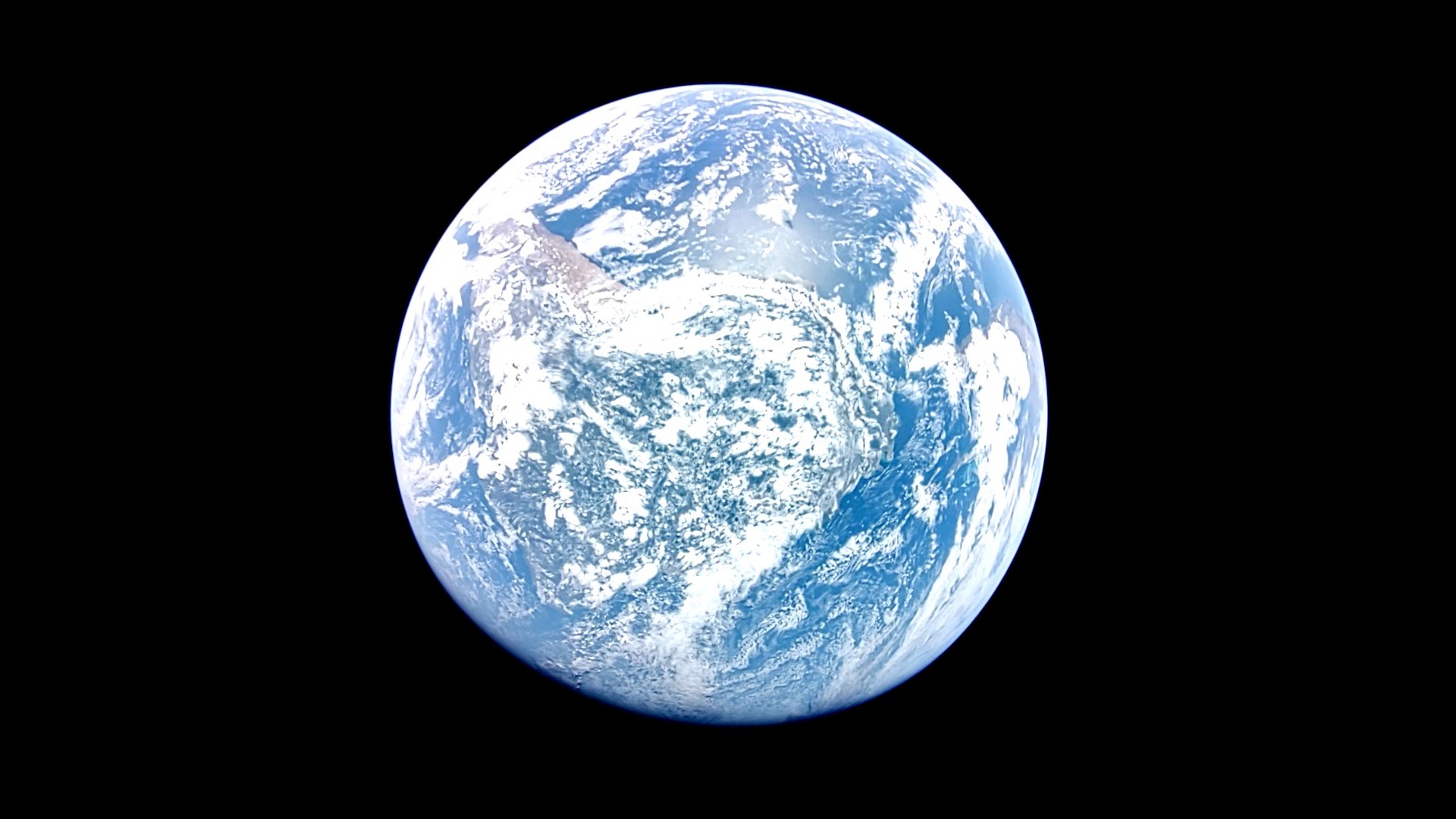
Boost for alien hunters? Earth life may not be so improbable, study suggests
By Keith Cooper published
The idea that life on Earth arose through a series of improbable "hard" evolutionary steps may be misjudged, according to a new paper that says our Earth had a big say in matters.
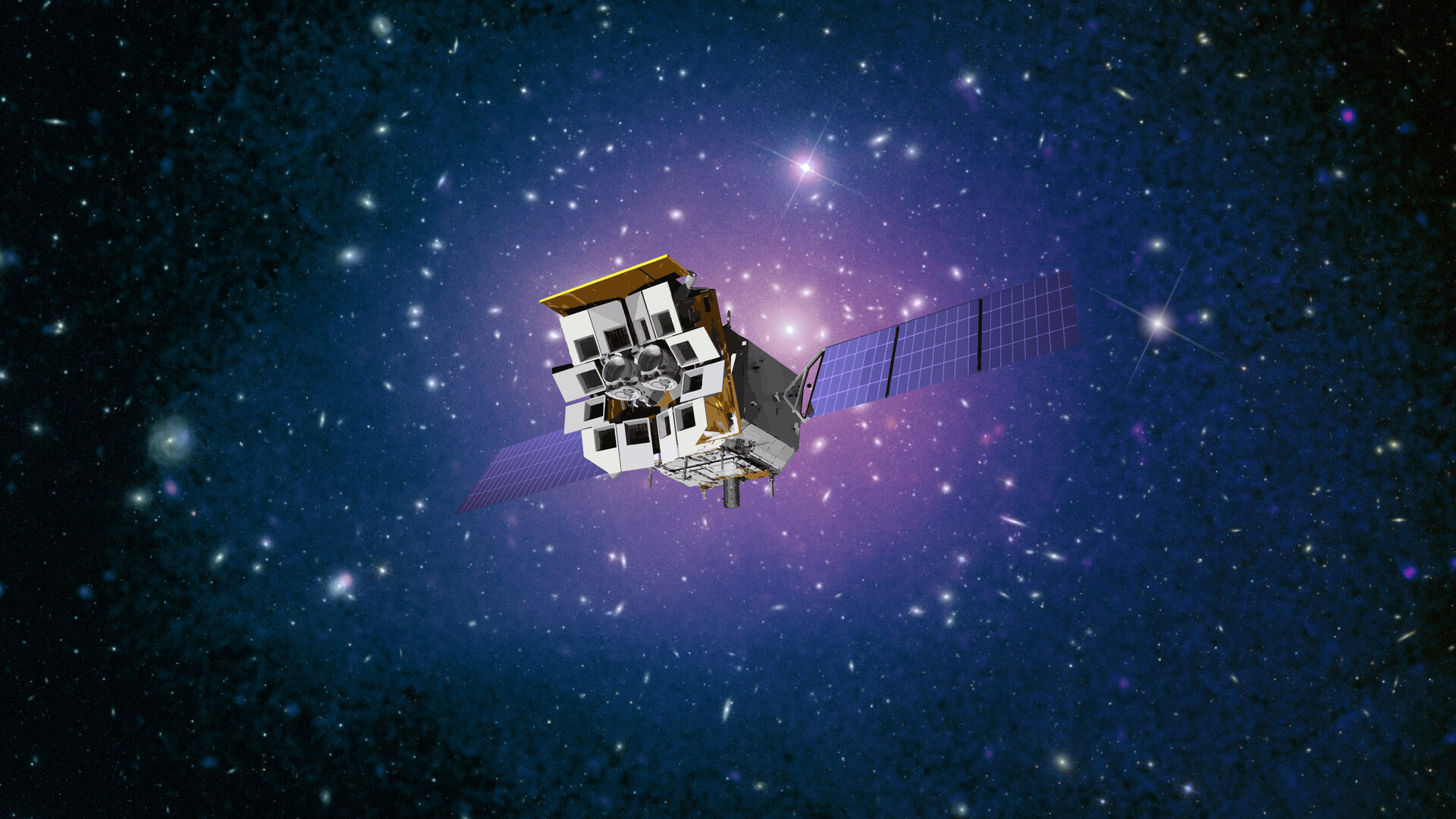
'Impossible' pair of vampire stars discovered by Einstein Probe's X-ray vision
By Keith Cooper published
A flash of X-ray light has revealed the existence of an odd couple of stars, a massive star and a white dwarf, that shouldn't really exist together.
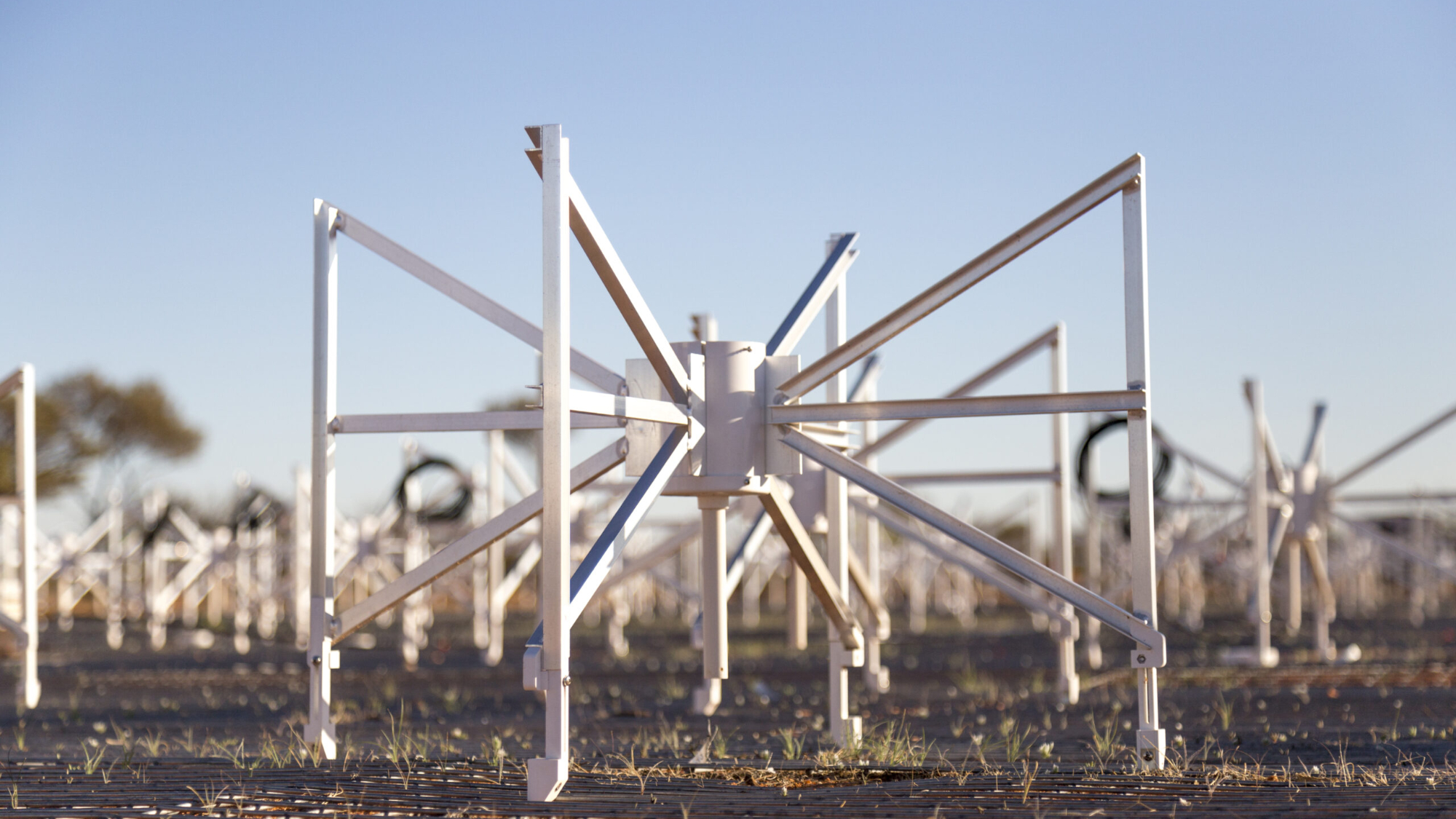
Astronomers realize mysterious TV signal in their data bounced off an airplane
By Keith Cooper published
By tracking the TV signal back to the plane that was reflecting it towards the Murchison Wide-field Array, astronomers will be able to learn how to remove it from their data.
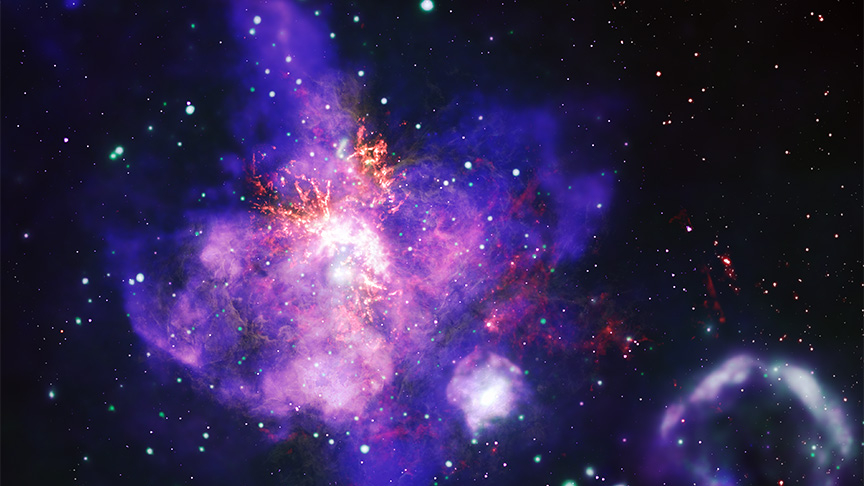
Astronomers have brought you a space Valentine: The Tarantula of the cosmos
By Keith Cooper published
As the most intense star-forming region in the Local Group, 30 Doradus is of particular importance to astronomers.
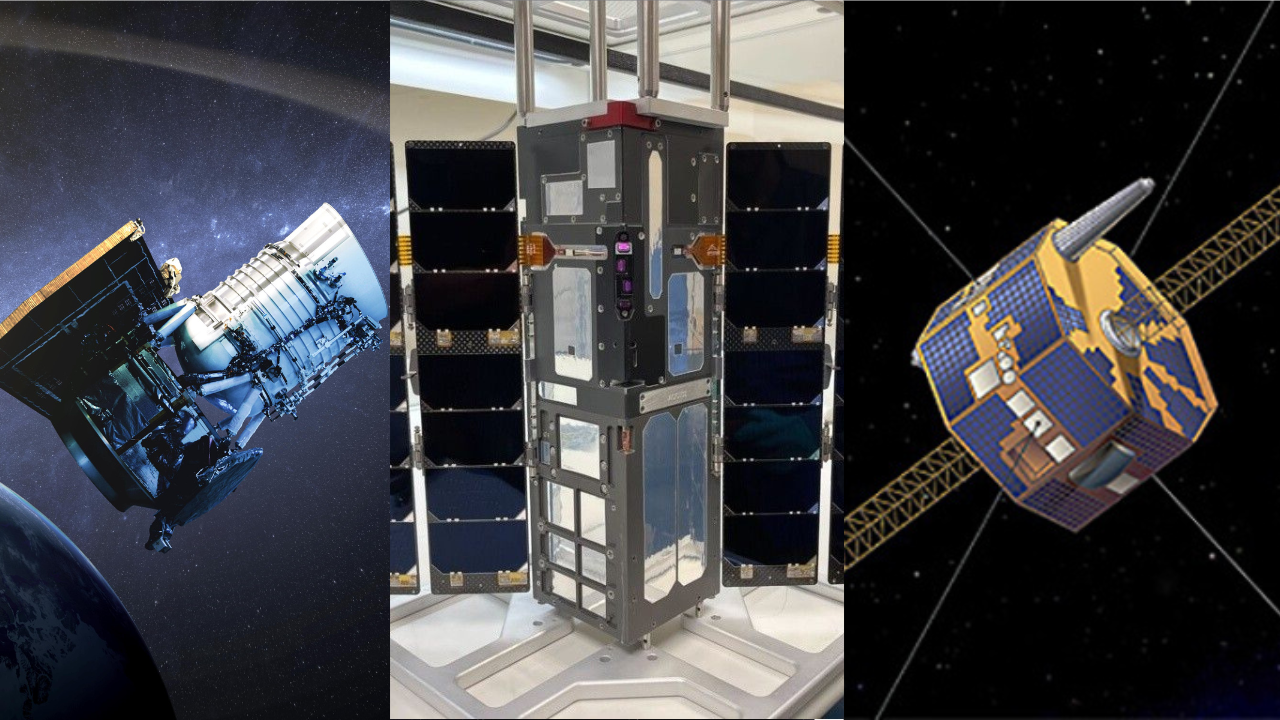
'It was a miracle.' Amazing tales of dead spacecraft that came back to life
By Keith Cooper published
Sometimes the end of the mission isn't really the end.

Huge solar storm in May 2024 spawned 2 new radiation belts around Earth
By Keith Cooper published
The creation of the belts, and others like it in the future, are a potential new danger to astronauts and satellites headed to geostationary orbit and beyond.
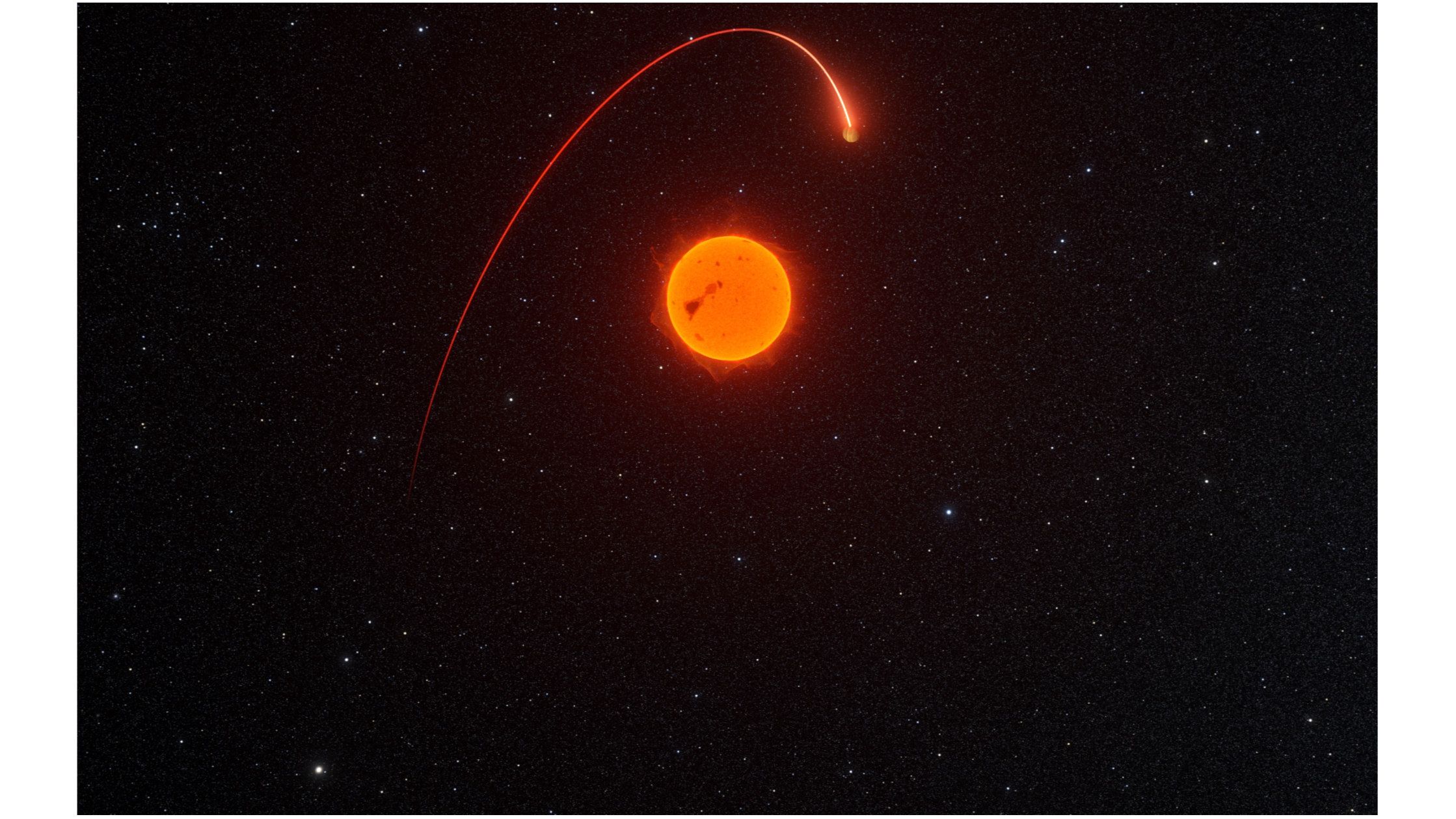
Giant planet or 'failed star?' Newfound mystery world blurs the lines
By Keith Cooper published
By tracing the corkscrew wobble of two stars as they move through the sky, the Gaia space mission has discovered one new giant "planet," plus a new brown dwarf.
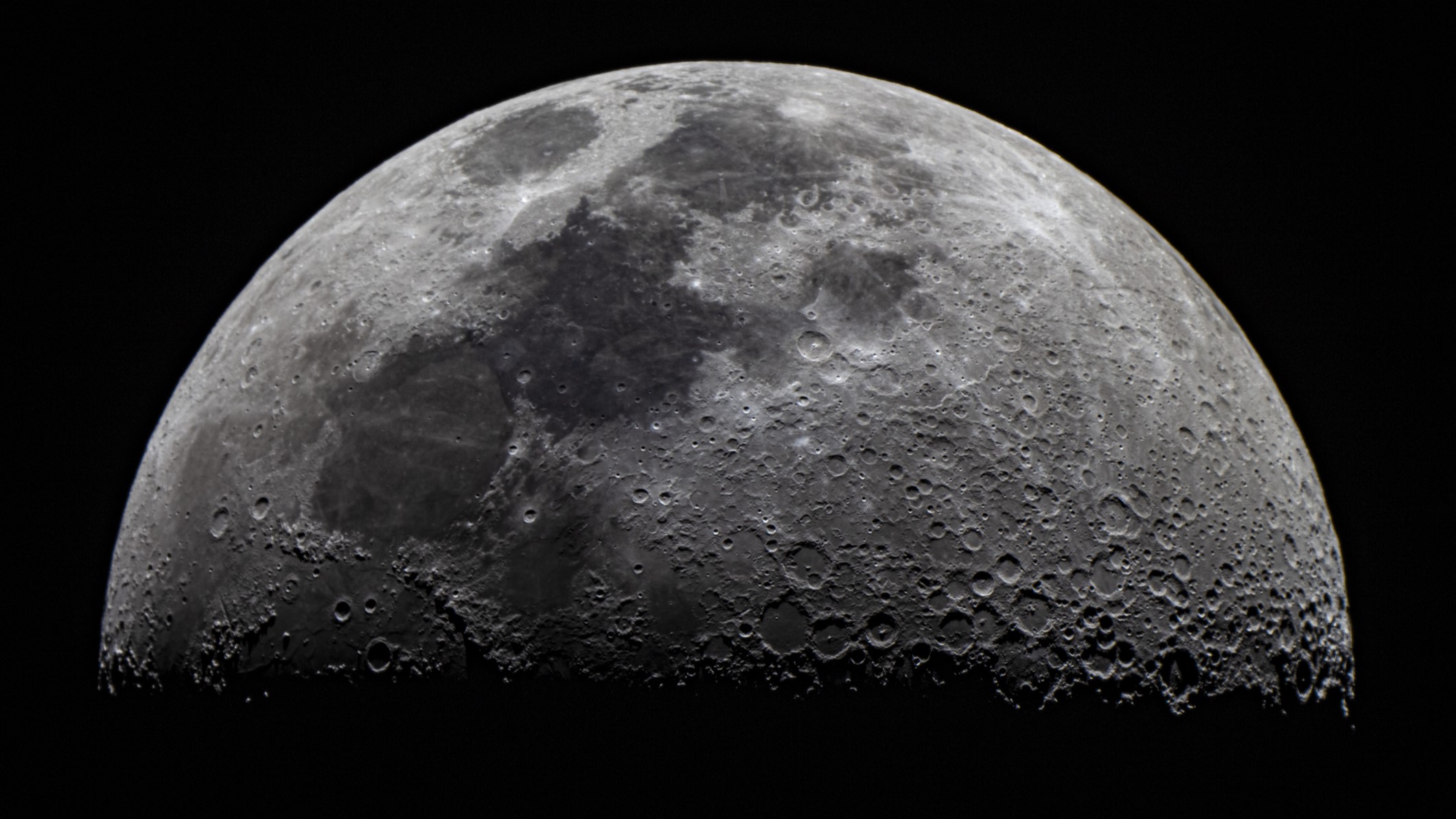
Is the moon still geologically active? Evidence says it's possible
By Keith Cooper published
Wrinkle ridges that formed in the past 160 million years suggest recent geological activity on the moon.
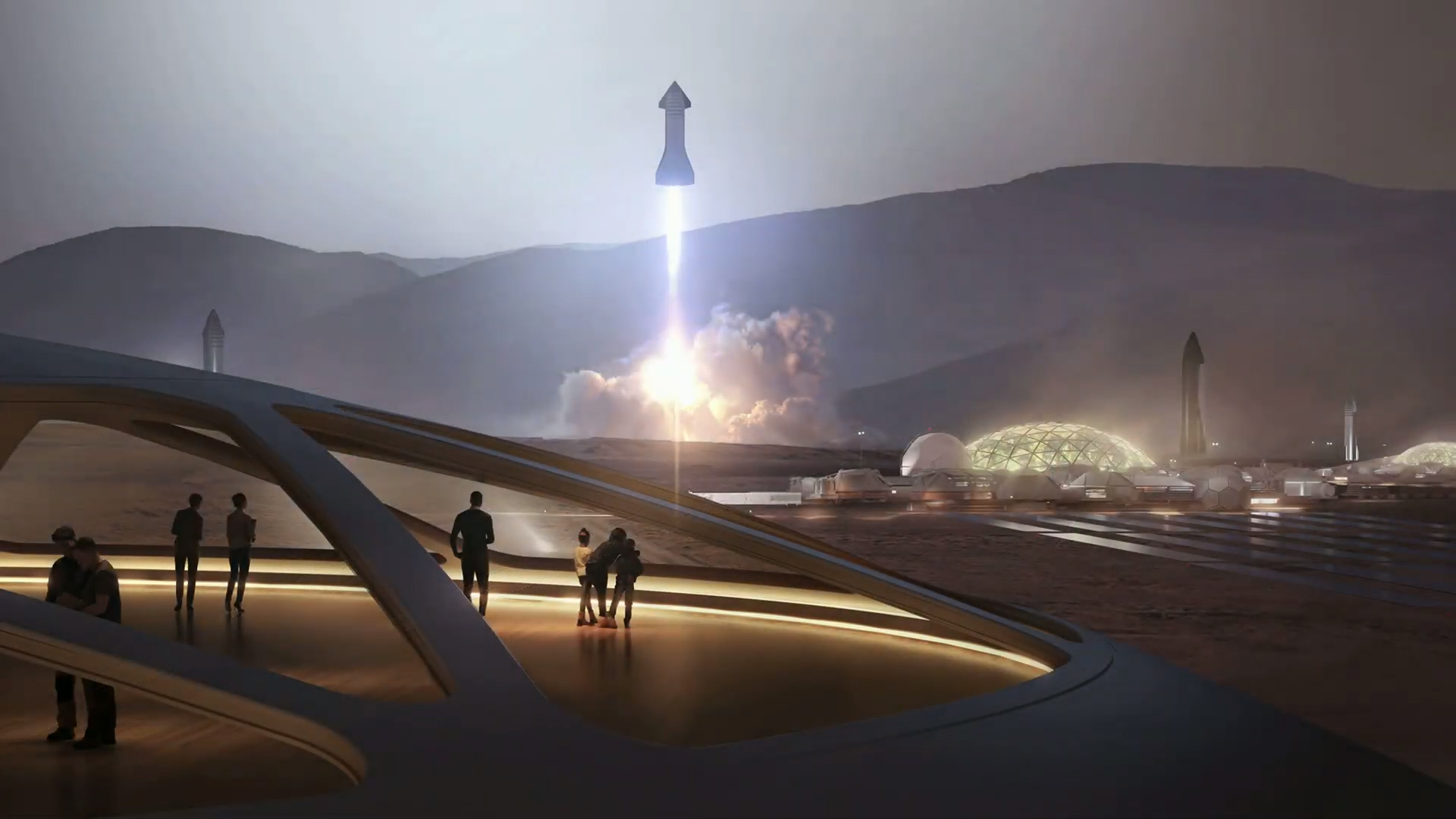
Trump wants the US to land astronauts on Mars soon. Could it happen by 2029?
By Keith Cooper published
There are many obstacles to overcome before humans can set foot on Mars, including problems surrounding launch mass and closed-loop systems and the hazards of space radiation.
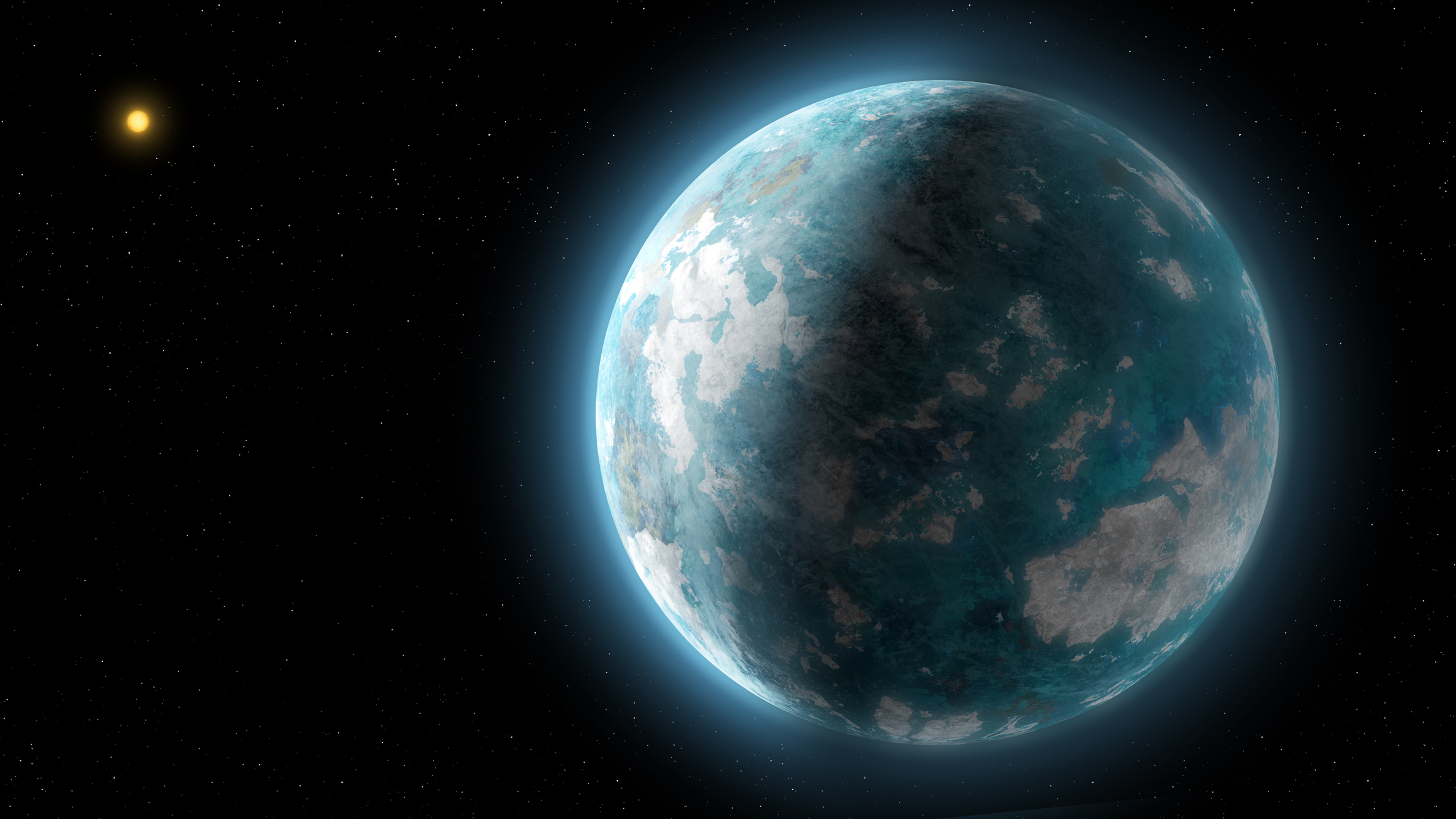
Newly discovered super-Earth orbits in and out of its star's habitable zone. Could life survive its extreme climate?
By Keith Cooper published
Located less than 20 light years away, HD 20794d could potentially be one of the most Earth-like planets found so far, despite its extreme climatic variability.
Get the Space.com Newsletter
Breaking space news, the latest updates on rocket launches, skywatching events and more!
